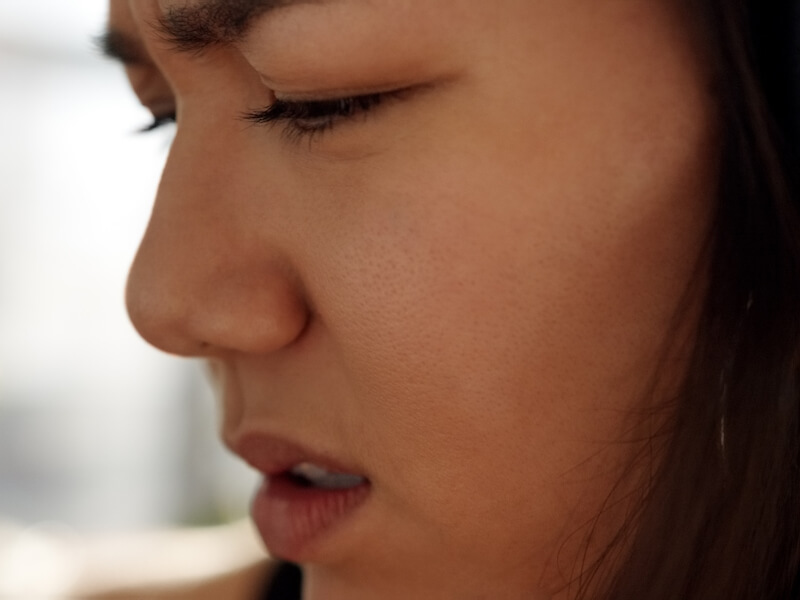
It’s common knowledge that stress, especially for prolonged periods, can be very harmful for your body. When you endure acute stress, everything from headaches to severe muscle aches can be the result. But tinnitus, a clicking, buzzing, or ringing in the ears can also be the outcome.
Stress isn’t the only thing that can trigger tinnitus, it can also be caused by a sinus infection, loud noises, and other factors. Let’s have a look at some potential causes.
How to Distinguish Unhealthy Stress
How does stress relate to tinnitus? We generally don’t consider the negative impact stress can have on our bodies or how it can cause troublesome, painful, or even severe medical problems. Stress is not something you should neglect.
Healthy Stress
Stress that lasts a few minutes, or even a few hours, can actually play an important role in getting necessary tasks completed. If you’re dealing with a deadline and have to focus on completing a project, stress can be an ally by supplying the boost of energy necessary to finish the job.
But short term, healthy stress and chronic, unhealthy stress are two very different things. The ability to accomplish goals can be assisted by healthy stress while unhealthy stress can physically harm you.
Unhealthy Stress
Unhealthy stress is a consequence of the fear of something that, generally, never actually occurs. Unhealthy stress is generated when a person remains in a heightened state of anxiety for an extended period of time.
In hazardous conditions, the fight or flight response is a natural reaction but it also relates to unhealthy stress. Harmful physical symptoms occur when someone remains in a hyper-stressful circumstance for prolonged periods.
Worrying
Unhealthy stress is commonly caused by worrying. The significance of an interaction or situation can often be exaggerated. We may have ourselves convinced that we did or said something to spoil our chances at a promotion. When you worry like this your intrusive thoughts can really run away from you.
Unhealthy Stress And Intrusive Thoughts
We may believe that we are falling behind and failing to fulfill our day-to-day tasks. We might obsess, lecture ourselves, or even have panic attacks. Inevitably, our unhealthy stress wears on our bodies if we don’t take measures to curtail these thoughts.
Pain and muscle tension on the upper body are normal effects of unhealthy stress. Affected areas may include the jaw, neck, head, or shoulders.
Anger And Jaw Tension
Have you ever read a book where the writer talks about a character as being so angry his jaw clenched in rage? Stress, anger, worry, and intrusive thoughts often come with jaw strain.
Continuous tension can put pressure on the delicate bones of the inner ear and eardrum. Over time, this strain can cause ringing in your ears.
Sinus Infections And Ear Strain
Sinus infections cause many unwelcome symptoms, from a stuffy nose to a soar throat.
Sinus pressure, headaches, and pressure in the ears are typical symptoms of a sinus infection. These problems can produce buzzing, clicking, or ringing in the ears.
Nasal congestion frequently spreads to the ears during a sinus infection. This can produce excess earwax, which leads to clogged ears and extreme pressure on the eardrums. And with this comes ringing in the ears.
You might not need to see a hearing specialist if the ringing is the result of a sinus infection, as the symptoms could clear up on their own. If the ringing continues for more than a few days, however, you should make an appointment with a hearing professional.
Prolonged Exposure to Loud Noises
The intermittent music concert is probably not going to cause lasting ear-ringing. However, you may be putting stress on the sensitive parts of your ear if you frequently expose yourself to extremely loud sound.
When you expose your ears to loud noises regularly, your eardrums and the bones of the inner ears are strained, which can lead to buzzing, ringing, or clicking.
Beyond the intermittent ringing in your ears, exposure to loud sounds over a long period can trigger temporary or permanent hearing loss. It’s important to protect your hearing from the elements and listen to music at a reasonable volume level.
Safeguarding Your Hearing
Tinnitus isn’t something you should ignore regardless of which one of these is causing it. It’s best to get your ears examined by a hearing professional regularly. For your peace of mind, you should get checked, especially if you suspect that your tinnitus is being triggered by a significant underlying medical issue.